A key trend in the world of beauty and make-up in recent years has been the ultra-designed lip.
This trend of ultra-designed popularised by social media such as Instagram and TikTok, features lips that are exaggeratedly redesigned, larger and fuller using sophisticated make-up techniques. This trend, while innovative and artistic, raises questions about the beauty standards imposed and the social pressures linked to appearance.
The implications of the trend for perceptions of beauty and self-esteem
While this trend can be seen as a form of artistic expression, it has also sparked discussions about the pressure on individuals to match unrealistic beauty standards. Ultra-designed lips can create a distorted perception of reality, exacerbating expectations of appearance and fuelling complexes in those who fail to replicate these aesthetic standards. This race for physical perfection can have harmful consequences for self-esteem and self-confidence, generating a feeling of body dissatisfaction.
The rise of the ultra-styled lip trend
Ultra-designed lips have become an essential trend in the beauty industry, attracting attention for their spectacular appearance and their ability to radically transform the face. Make-up techniques such as highlighting (redrawing the natural contours of the lips to give them the appearance of being larger), the use of glosses, shadows and fillers are all used to achieve this effect.
Influencers and celebrities have played a major role in popularising this aesthetic, encouraging many followers to copy the trend in the hope of achieving a predominant standard of beauty on social networks. One example is Hailey Beiber, who uses the 90s process renamed “brownie glazed lips” with her Rhode skin brand.
https://www.instagram.com/p/CjYKLk7sgB6/?img_index=1
The trend towards ultra-designed lips, while offering artistic creativity, raises questions about the impact on perceptions of beauty and self-esteem. While it allows new artistic possibilities to be explored, it can also exacerbate social pressures around appearance and reinforce unrealistic beauty standards.
It is crucial to promote the diversity of natural beauty and encourage a more realistic and caring approach to aesthetic standards. Awareness of the boundaries between the art of make-up and the social pressure it can generate is needed to encourage wider acceptance of beauty in all its authentic forms.


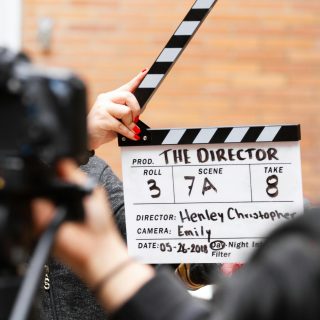
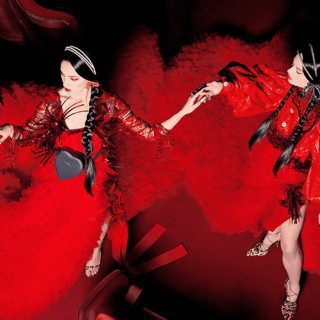
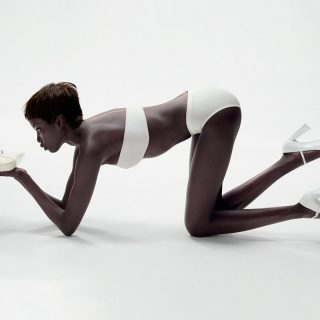

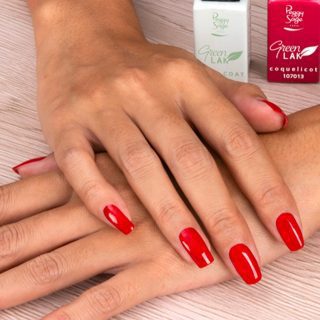

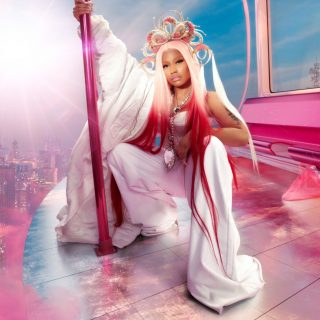

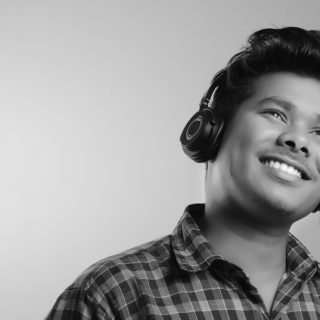
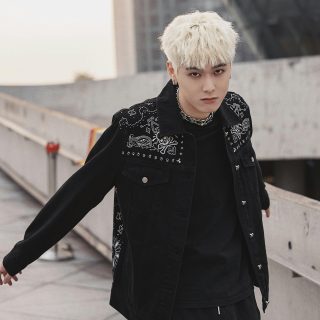

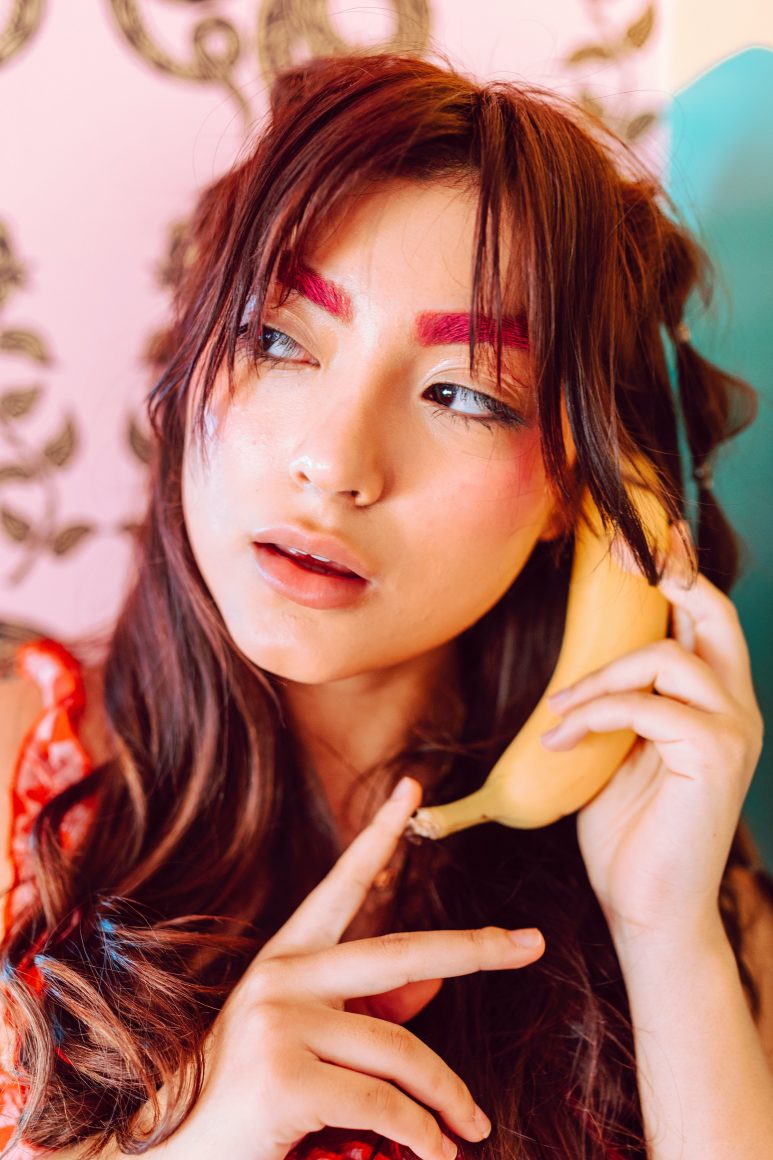
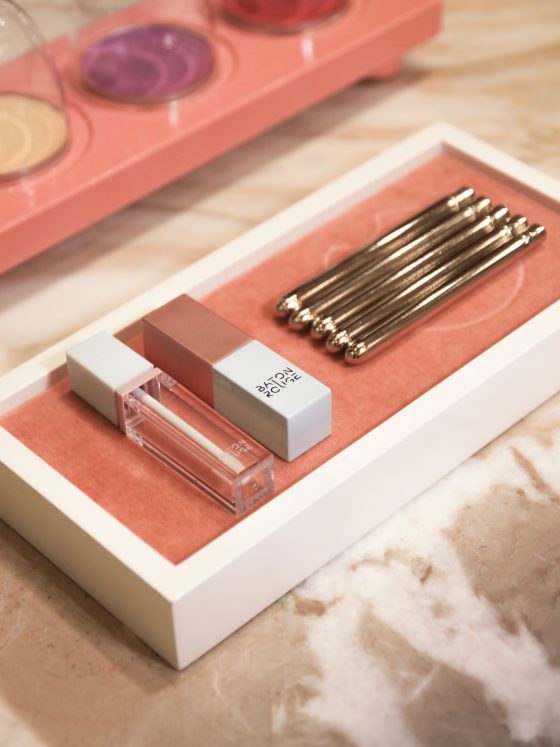
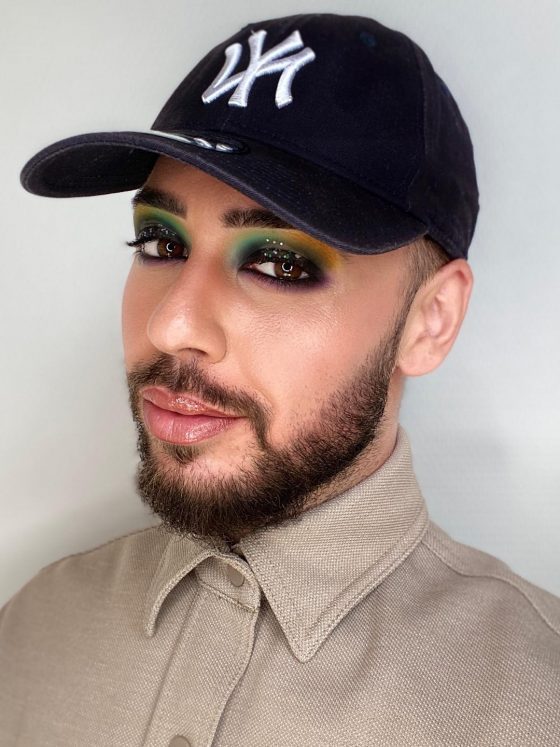
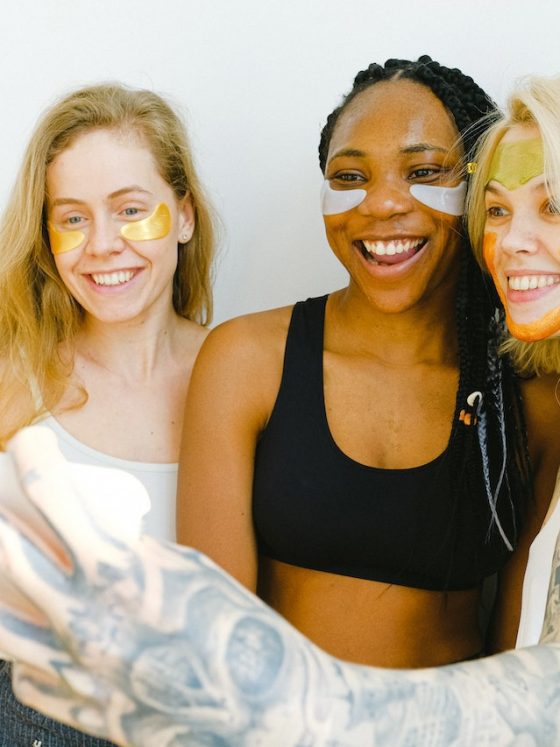
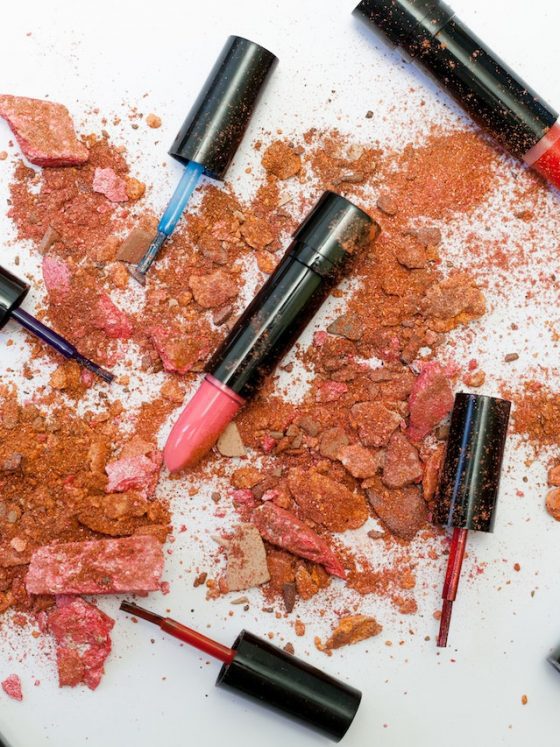
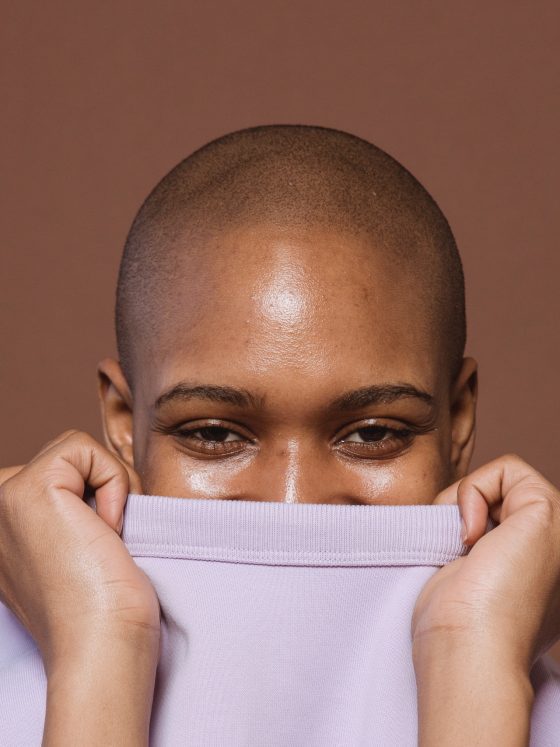
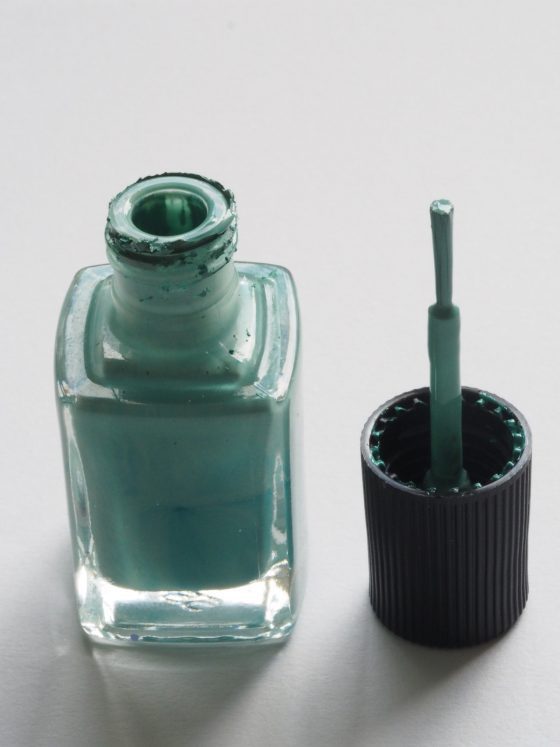
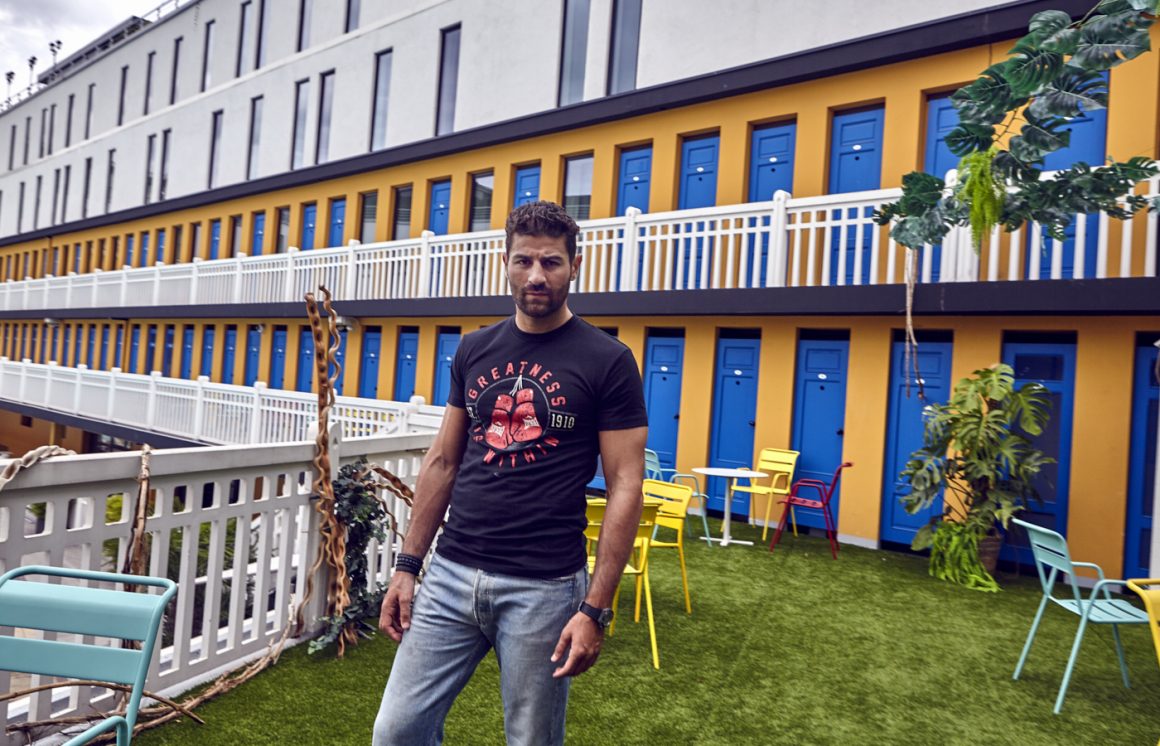
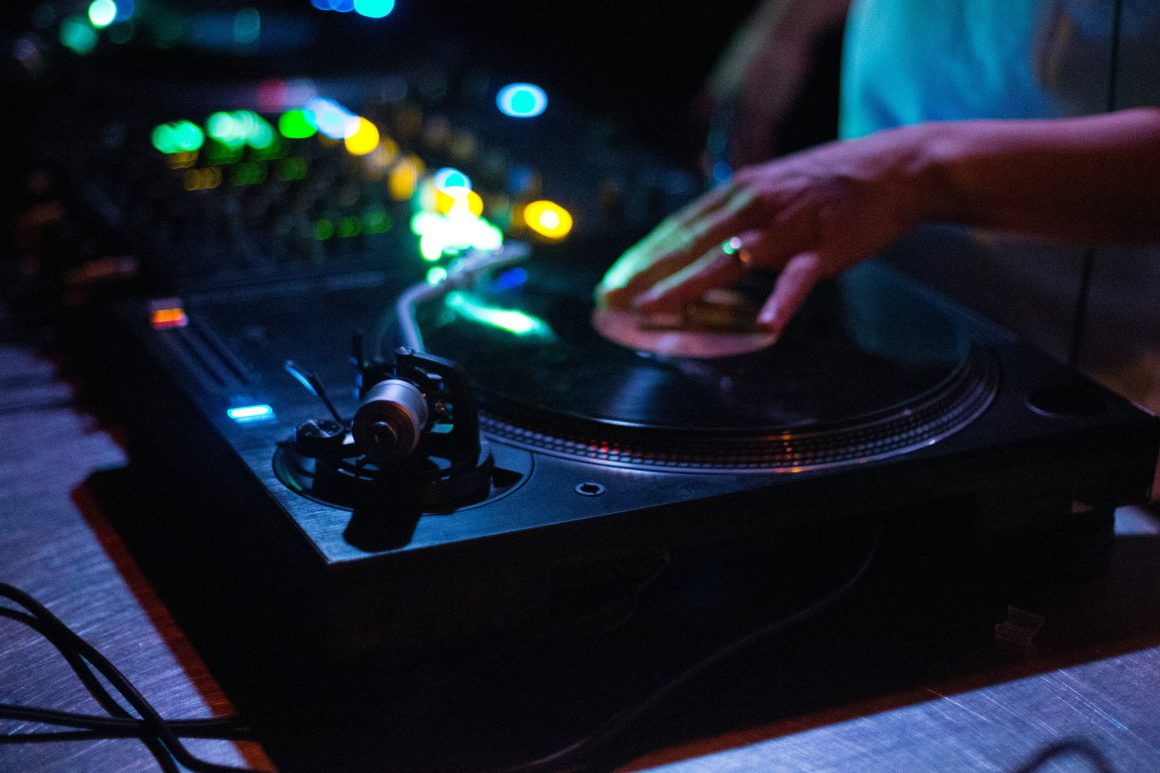

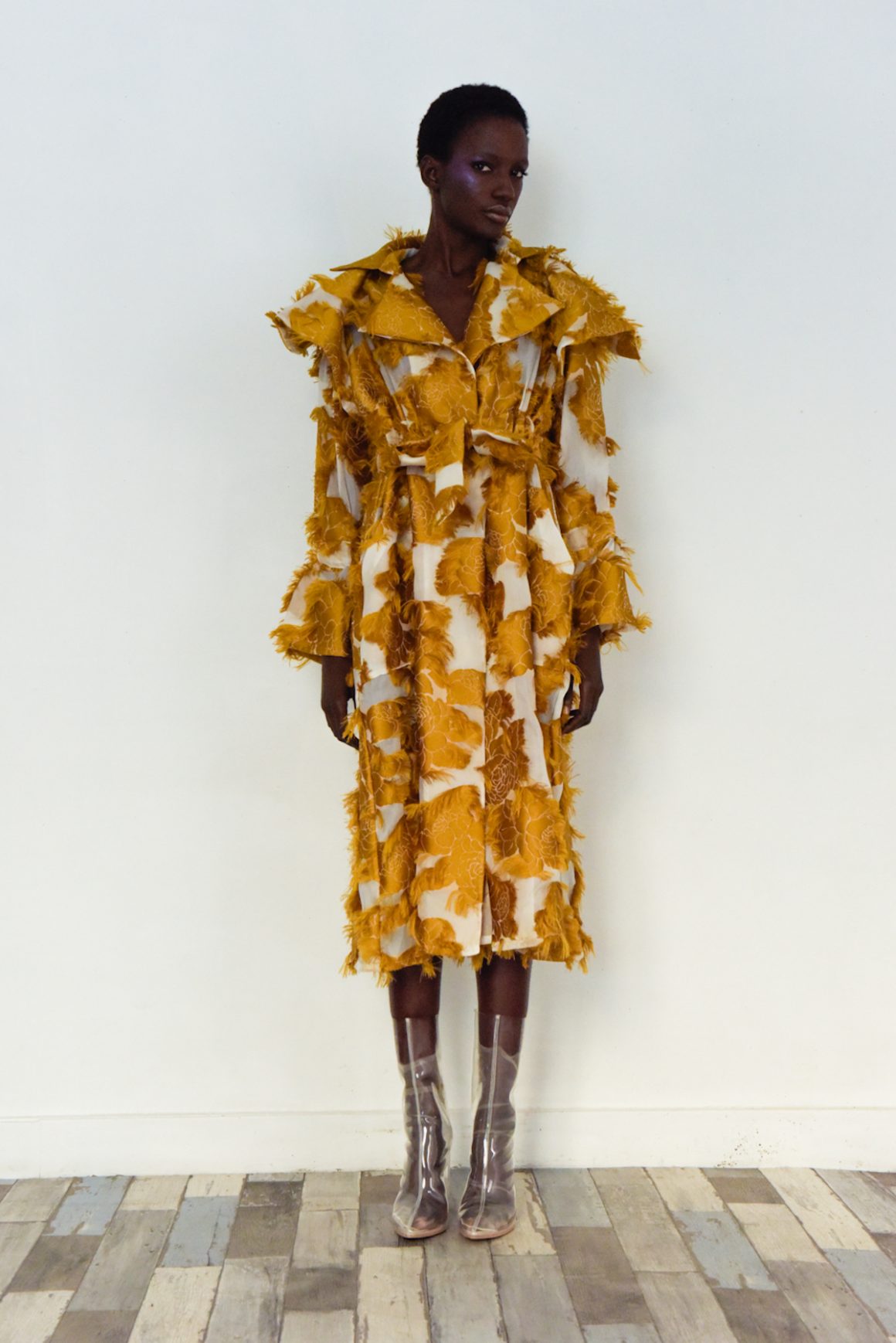
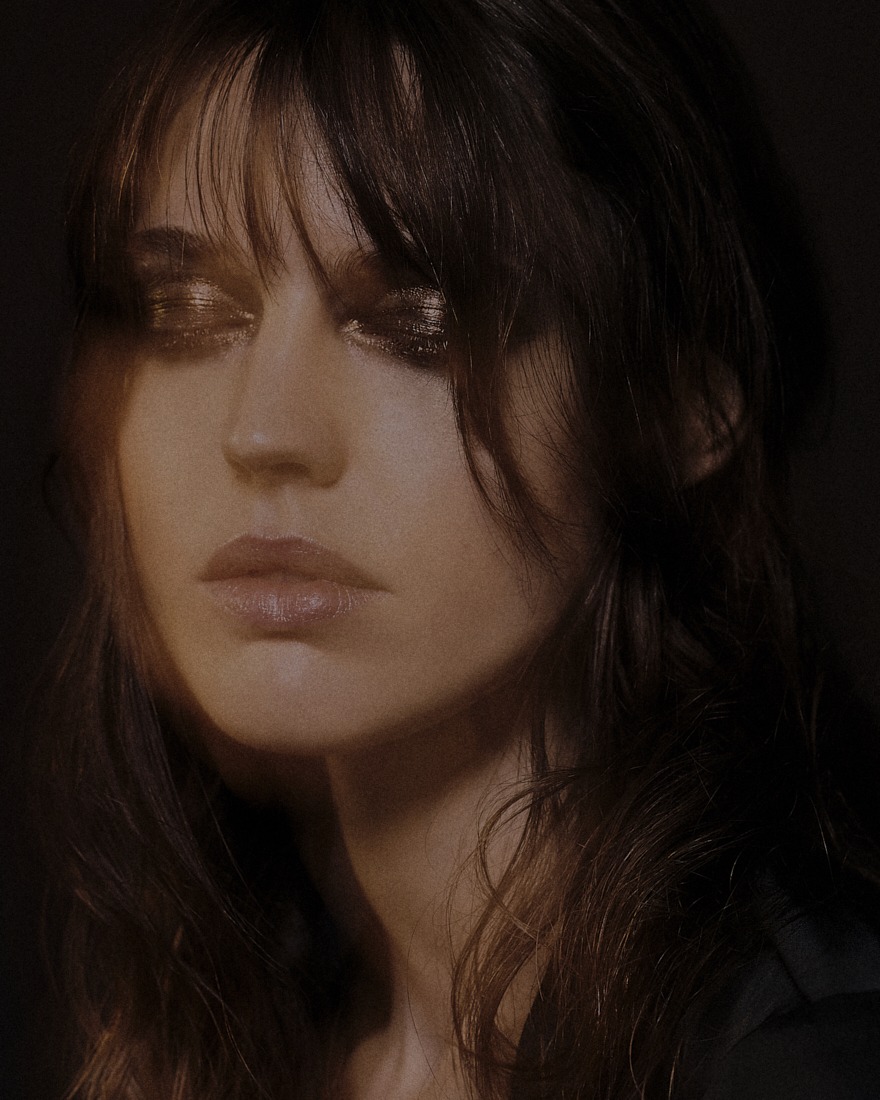
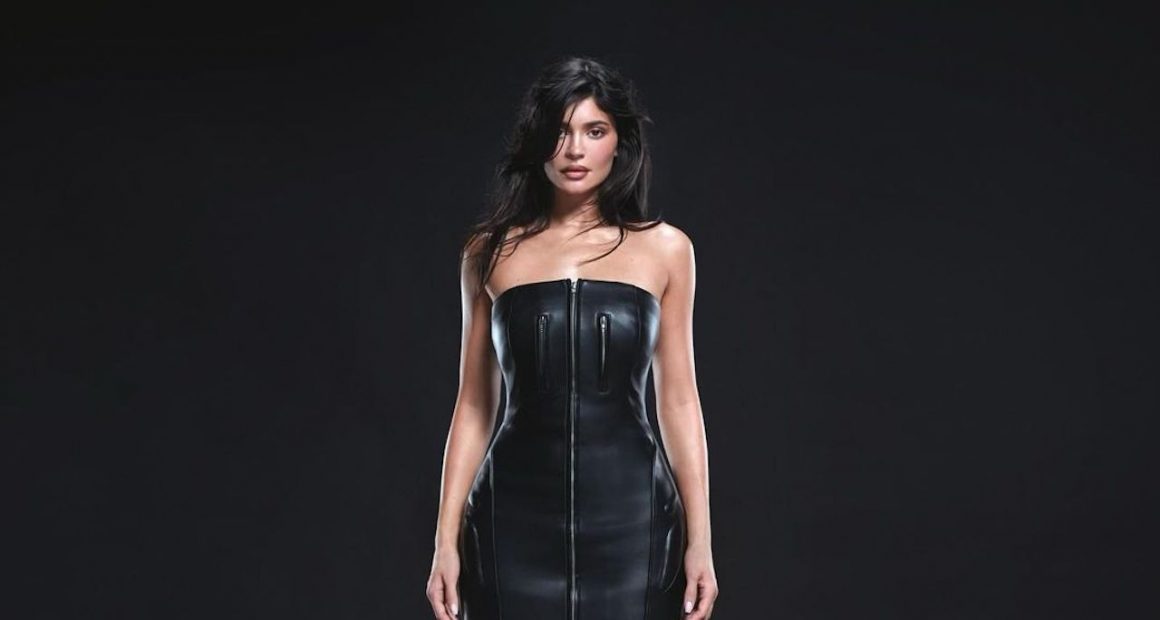

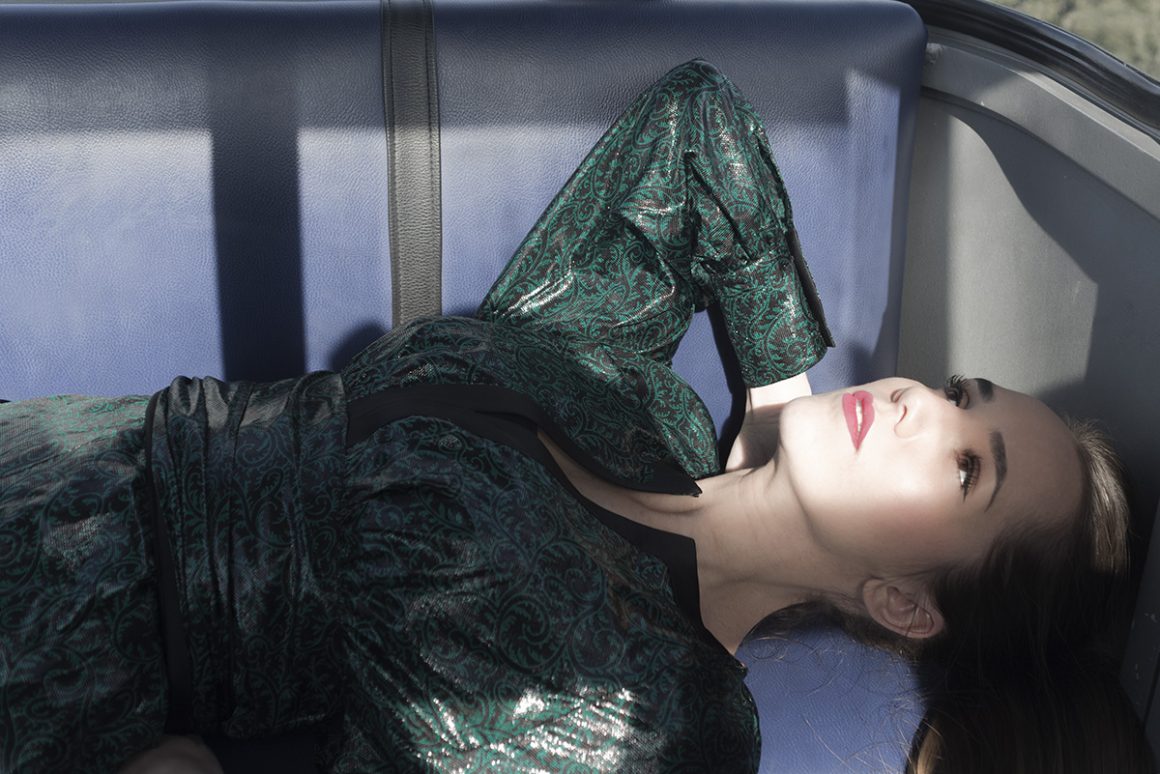
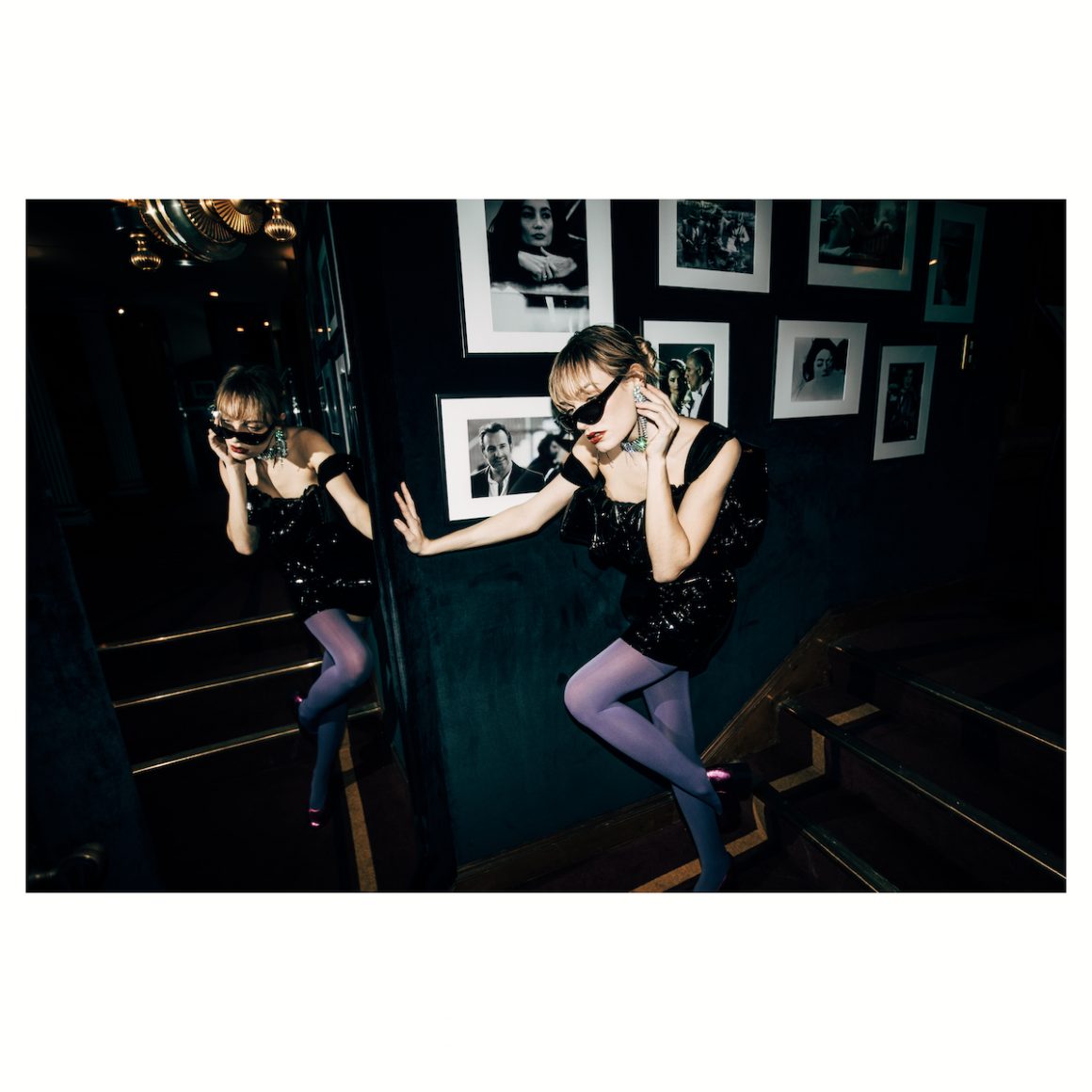
Follow us on Instagram